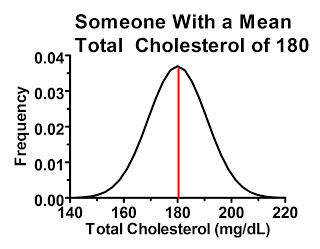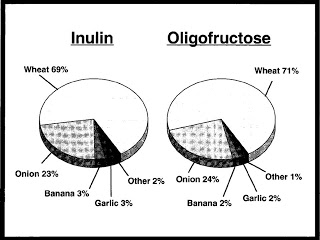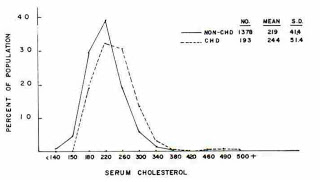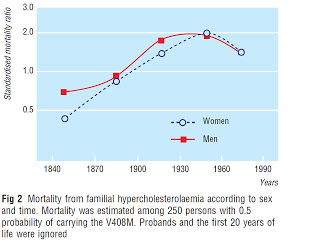In a previous post, “The Great Unknown: Using the Statistics to Explore the Secret Depths of Unpublished Research,” I discussed one way a study can show something to be true when it’s false, or vice versa. If some nutrient or drug has a “true” biological effect, and we repeat many studies of the phenomenon, we …



